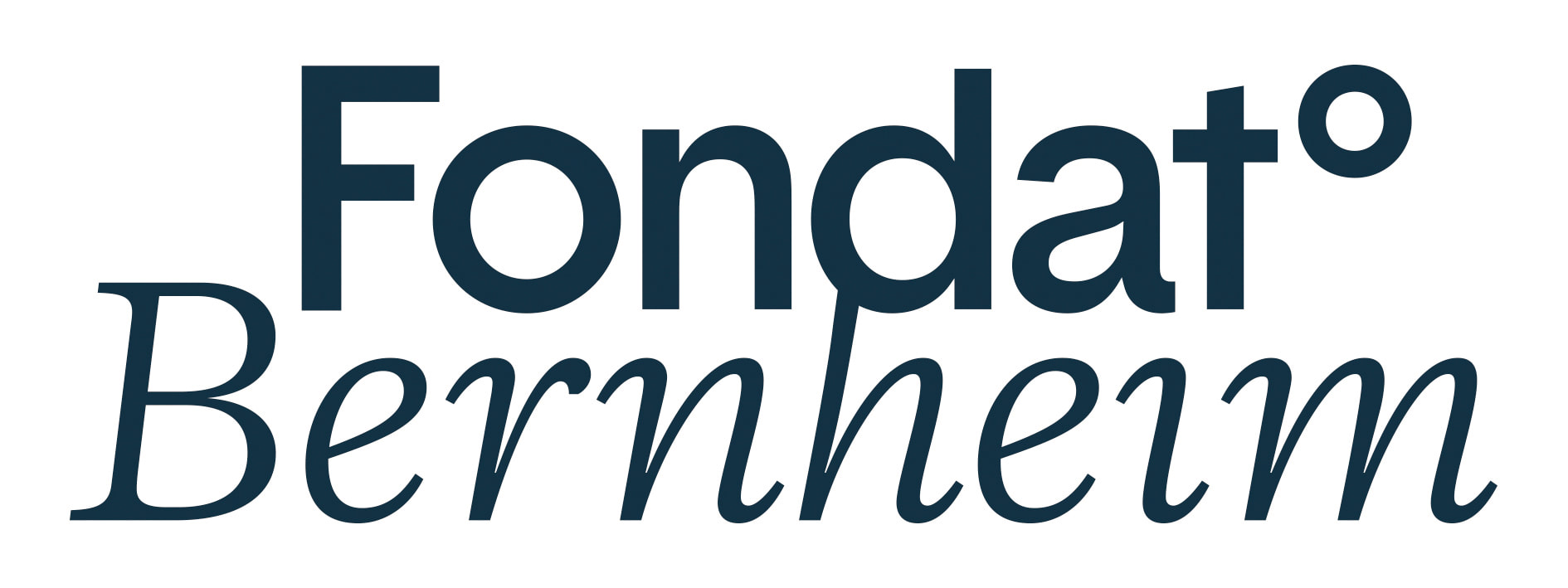RESUME
Claudia Toma is Professor of Organizational Behavior and Leadership at Solvay Brussels School of Economics and Management and the Rector Adviser for the Diversity and Gender Policy at ULB.
With a background in social psychology, Claudia is conducting research in the area of judgement, decision-making, leadership and diversity management. She is Associate Editor at the International Review of Social Psychology, InMind and co-director of the collection ‘Psychologies et société’, Editions Université de Bruxelles.
She is teaching in regular masters, MBA, advanced master on various topics related to team dynamics, decision-making, leadership, negotiation and management of diversity. She is the academic director of the interuniversity certificate ‘Les atouts de la diversité : prévenir les discriminations et promouvoir l’inclusion’.
With a background in social psychology, Claudia is conducting research in the area of judgement, decision-making, leadership and diversity management. She is Associate Editor at the International Review of Social Psychology, InMind and co-director of the collection ‘Psychologies et société’, Editions Université de Bruxelles.
She is teaching in regular masters, MBA, advanced master on various topics related to team dynamics, decision-making, leadership, negotiation and management of diversity. She is the academic director of the interuniversity certificate ‘Les atouts de la diversité : prévenir les discriminations et promouvoir l’inclusion’.
RESEARCH FIELDS
Diversity Management | Social Judgement | Decision-Making | Leadership | Group-Dynamics | Information Sharing
KEYWORDS
Diversity | Inclusion | Social Projection | Leadership | Group decision-making
most representative publications
- I am a great open book : Narcissistic individuals feel transparent toward others. Personality and Individual Differences, Renier L. and C. Toma, March 2022.
- New horizons in organizational cognition, Toma C., I. Menezes and D. Secchi, International Journal of Organizational Theory and Behavior, 23, pp. 173-176.
- I think that I made a good impression. Meta-perception improves performance on public speaking, Kleinlogel E.P., L. Renier, M. Schmid Mast and C. Toma, Social Psychology, 51, pp. 370–380, 2020.
- The power of projection for powerless and powerful people : Effect of power on social projection is moderated by dimension of judgment, Toma C., V. Yzerbyt, V. Corneille and S. Demoulin, Social Psychological and Personality Science, 8, pp. 888-896, 2017.
- Cooperation versus competition effects on information sharing and use in group decision-making, C. Toma, and F. Butera, Social and Personality Psychology Compass, 9, pp. 455-467, 2015.
- Social projection increases for positive targets : Ascertaining the effect and exploring its antecedents, M. Machunsky, C. Toma, V. Yzerbyt, and O. Corneille, Personality and Social Psychology Bulletin, 40, pp. 1373-1388, 2014.
- The double-edge of similarity and dissimilarity mindsets : What comparison mindsets do depends on whether self or group representations are focal, D. Ames, S. Mor and C. Toma, Journal of Experimental Social Psychology, 49, pp. 583–587, 2013.
- Assigned experts with competitive goals withhold information in group decision making, C. Toma, D. Vasiljevic, D. Oberlé and F. Butera, British Journal of Social Psychology, 52, pp. 161-172, 2013.
- Holding a mirror up to the self : Egocentric similarity beliefs underlies social projection in cooperation, C. Toma, O. Corneille and V. Yzerbyt, Personality and Social Psychology Bulletin, 38, pp. 1259-1271, 2012.
- Nice or smart ? Task relevance of self-characteristics moderates interpersonal projection, C. Toma, V. Yzerbyt, and O. Corneille, Journal of Experimental Social Psychology, 48, pp. 335-340, 2012.
- Anticipated cooperation vs. competition moderates interpersonal projection, Toma C., V. Yzerbyt and O. Corneille, Journal of Experimental Social Psychology , 46, pp. 375-381, 2010.
- Hidden profiles and concealed Information: Strategic information sharing in group decision making, C. Toma and F. Butera, Personality and Social Psychology Bulletin, 35, pp. 793-806, 2009.




